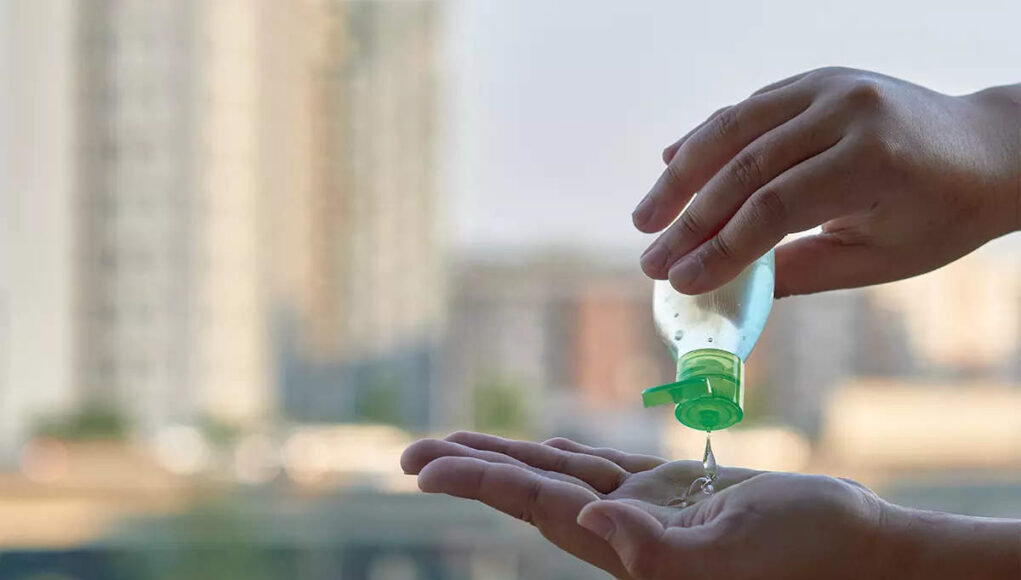With the COVID-19 pandemic generating ‘the most seismic change,’ putting health and immunity front and center, Indian customers are willing to spend more on exercise courses and activities, natural foods, health supplements, and specialized diets.
According to EY India’s report ‘The Sunrise Consumer Health and Nutrition Sector,’ around 94 percent of Indians are concerned about their family’s health, compared to 82 percent globally, and 52 percent of respondents believe changes in their approach to mental wellbeing will persist beyond COVID-19, compared to just 39 percent globally. In a statement, EY India National Leader – Consumer Product & Retail Sector Angshuman Bhattacharya said, “While some regard this as a short-term occurrence, we expect this phase to catalyze a bigger acceleration in the tendency toward personal health, hygiene, fitness, and holistic nutrition.”
He stated that whereas European and Asian countries have adopted functional meals and supplements, the Indian consumer still prefers “better for you” cuisine and home treatments.
“Ayurveda and herbal medicine are becoming more and more ‘back to roots’ solutions to current challenges,” Bhattacharya observed. According to EY, Indian consumers are willing to spend money on fitness classes and activities, natural foods, health supplements, and specialized diets.
According to the poll, 40% of Indian respondents said they would pay a premium for products that promote health and wellbeing, which is higher than their global counterparts, who said they would pay a premium for products that promote health and wellness at 29%. The study results are based on the EY Future Consumer Index (November 2021), which included 16,000 global respondents, including 1,002 from India.
The dietary supplements market, which has always been seen as having high potential due to the rise in lifestyle diseases, has seen an accelerated adoption curve following COVID-19, according to EY India, which added that demand for herbal supplements, vitamins, and minerals has increased by over 25% in the last year. According to the EY analysis, the increased interest in natural and ayurvedic products has prompted enterprises already operating in this area to express their credentials more aggressively, as well as attracting the attention of pharmaceutical companies.










